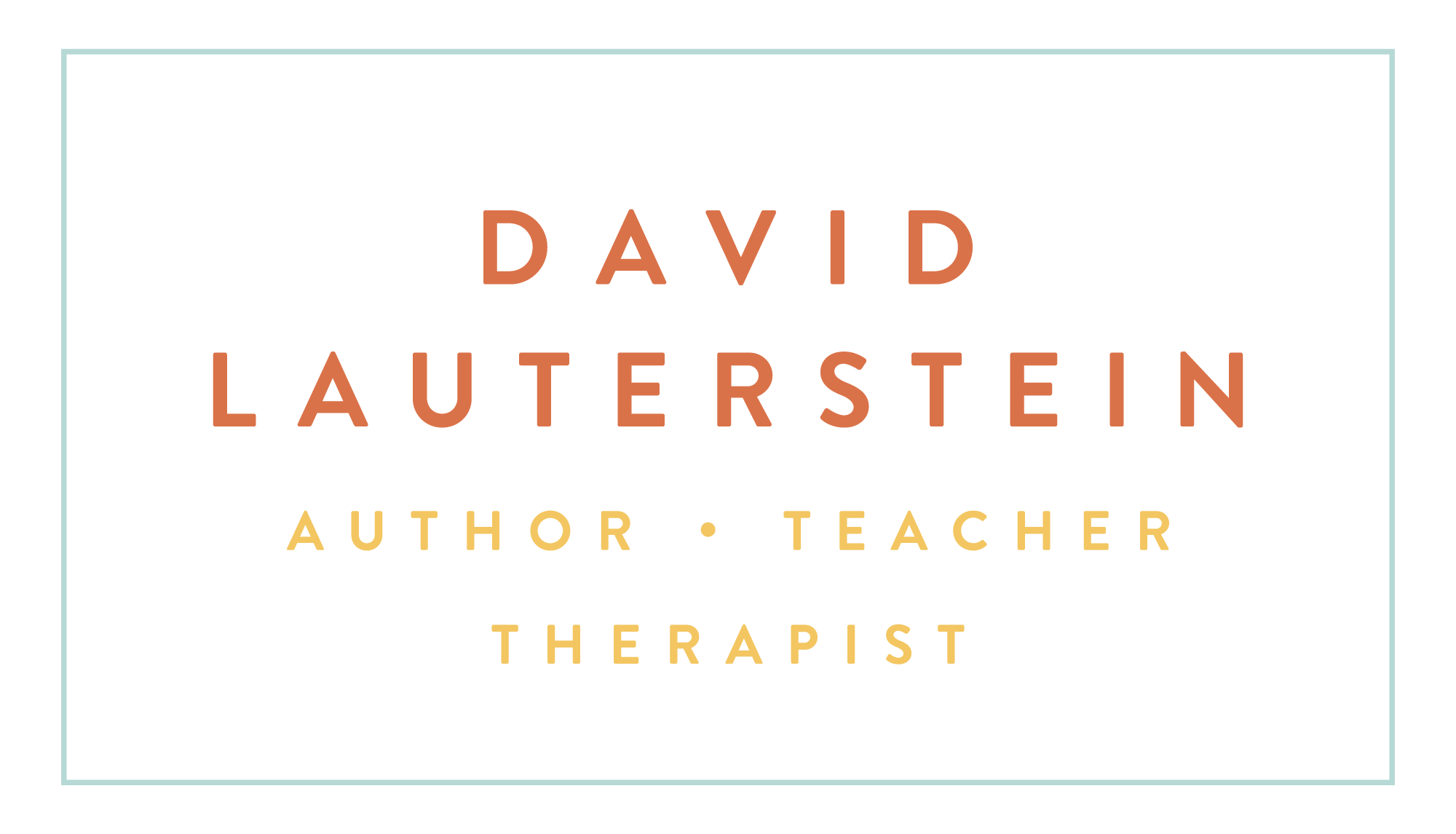In writing on the role of the heart in massage & bodywork, at first there seems to be little to say, but much to feel and do. The heart appears to simply call for us to truly care and appropriately act in a caring manner with our clients. It is most eloquent on its own terms. But please accept, ideally as food for our hearts, the following reflections…
Read MoreIn 2023, the Lauterstein-Conway Massage School in Austin, TX will offer a unique opportunity for ZB Certification -- the TLC Intensive ZB Certification Program!
Read More“…If you never wholly give yourself up to the chair you sit in, but always keep your leg- and body-muscles half contracted for a rise; if you breathe eighteen or nineteen instead of sixteen times a minute, and never quite breathe out at that,—what mental mood can you be in but one of inner panting and expectancy, and how can the future and its worries possibly forsake your mind?…”
Read More“The Memory Palace of Bones” (with the subtitle “exploring embodiment through the skeletal system.”) Why “The Memory Palace of Bones?” How could understanding the title of this book be in itself illuminating? Here is the story of how and why we came up with, and were inspired by, this title and the book that flowed from it…
Read MoreFor better and for worse, we can see and feel that our body, on the level of the nervous system and therefore on all that our nervous system touches, is being shaped and transformed by the “media” surrounding us…
Read MorePolyvagal theory and related practices give us valuable neuro-physiological and psychological information for our lives and can help specifically with bodymind therapy applications.
Read MoreThe thymus gland, “budding” underneath the sternum, also comes from the ancient word for “smoke!”
Read MoreHow do you carry a dream in a broken world?
Read MoreThe etymology of lungs is “light.” We don't necessarily think “light” when we think about the lungs. So this naturally is an exciting suggestion…
Read More'Roughly forty-three thousand years ago a young cave bear died in the rolling hills on the northwest border of modern-day Slovenia. A thousand miles away and a thousand years later, a mammoth died in the forests above the river Blau near the southern edge of modern-day Germany. Within a few years of the mammoth's demise, a griffon vulture also perished in the same vicinity. Five thousand years after that a swan and another mammoth died nearby.
…These different creatures, lost across time and space, did share one remarkable posthumous fate. After their flesh had been consumed by carnivores or bacteria, a bone from each of their skeletons was meticulously crafted by human hands into a flute.
The facial muscles are the most conspicuous place in the body where the muscles don’t attach to bones, they insert into each other’s connective tissues. That’s why the face has the most varied capacity for expression and movement.
Pectoralis major is, in many respects for therapists, our first and most important encounter with spirit and structure of the heart area.
Read MoreNorth American cicadas spend 17 years underground, as “nymphs”. Cicadas have evolved organs enabling them to dig up to the surface. Once above ground, they emerge from their exoskeletons with beautiful wings and soon begin singing their melodious, loud songs.
Read MoreFrom the nerve cell, to turbulent particles, to self-growth, to evolution itself, saltation represents a kind of saving grace enabling the transmission of change over chasms in time and space as we move through natural, historical and individual life.
Read MoreUnderneath our skin are second “skins”, deeper layers of body and mind. Underneath the surface of our consciousness there is the subconscious mind. Underneath the first layer of feelings and sensations, live deeper emotions and sensations.
Read MoreWhat really is a nerve? We know its basic anatomy and physiology, but how can we see it in a broader context, transmitting information and energy not only within but also between us?
Read MoreNew thoughts about boats and bones came to me recently, especially through the name and shape of the navicular bone in the foot…
Read MoreJoin, if you like, in a 6-week book club exploring “Accessing the Healing Power of the Vagus Nerve.”
Read MoreThe spider “tunes” its web. Could we tune our clients through their connective tissues? And how does this relate both to music and to medicine?
Read MoreThe old testament is certainly wrong with its the contention that “In the beginning is the word.” Feet certainly are older than any words. So more accurately we could say, “In the beginning are the feet.”
Read More
